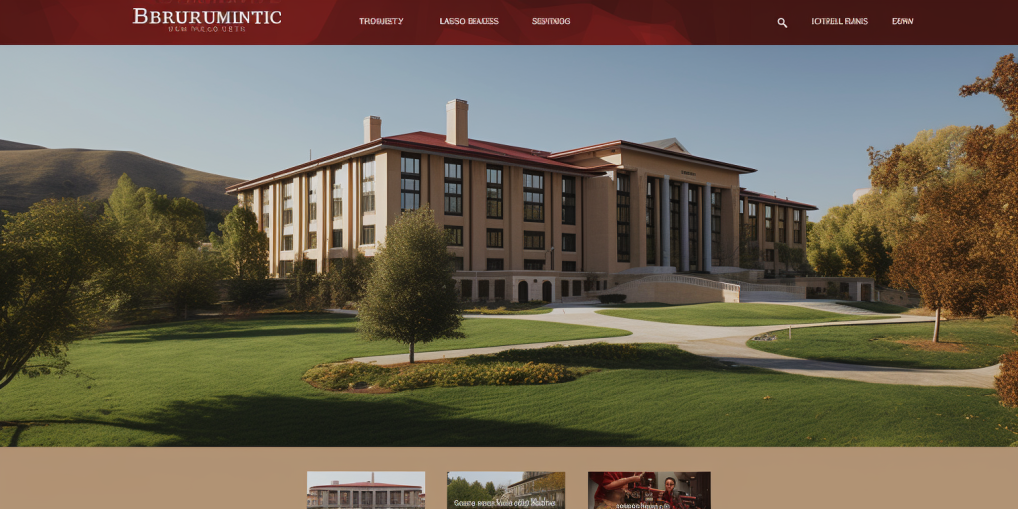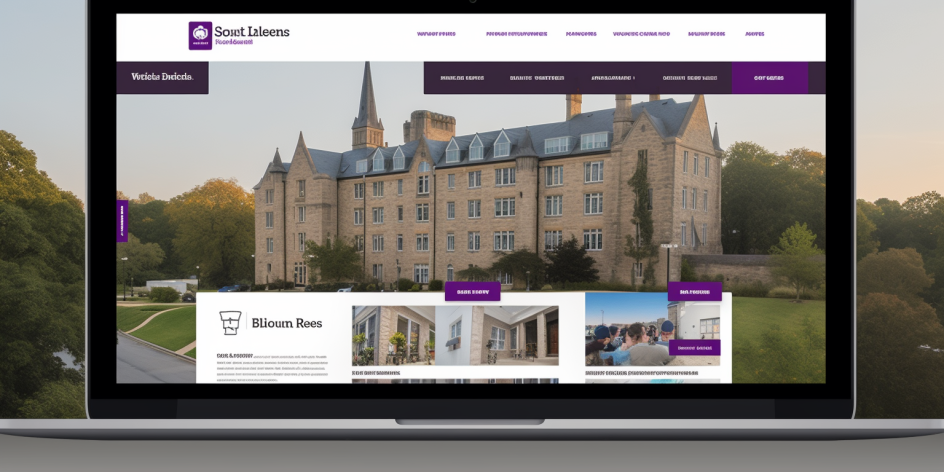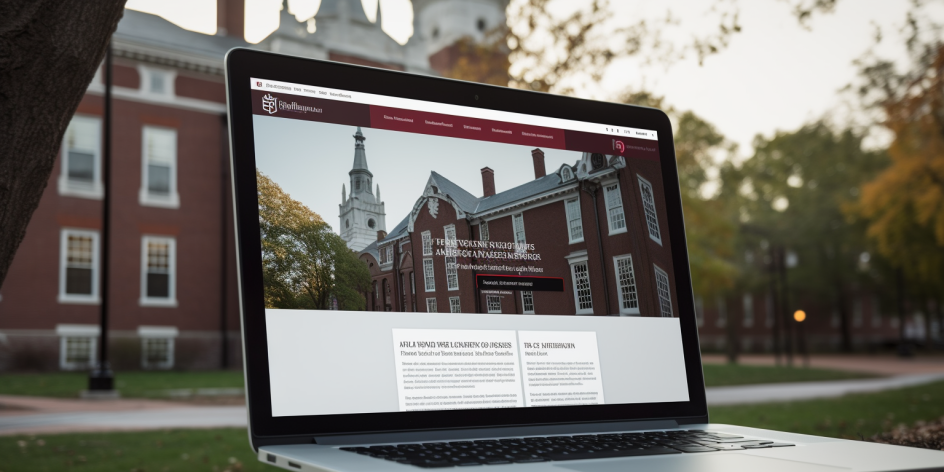
In today’s digital era, universities and colleges are increasingly relying on search engine optimization (SEO) to improve their visibility and attract prospective students. With the majority of individuals using search engines to find top-ranking institutions, implementing effective SEO strategies is crucial.
By conducting SEO audits, reviewing keywords, and incorporating common course names, universities can enhance their online presence and rank higher on search engine results pages. Furthermore, creating unique and engaging content, optimizing for local searches, and building relevant inbound and outbound links contribute to website quality, credibility, and user experience.
Additionally, mobile-friendliness, interactive website design, and technical optimization play pivotal roles in attracting and retaining website visitors. Regularly updating content and avoiding sub-domains are also recommended practices.
Universities should measure the impact of their SEO efforts using analytics and involve individuals with SEO knowledge, such as students or experts, to contribute to website content. Seeking professional assistance for complex SEO tasks is advisable.
By optimizing their websites for maximum visibility, universities can effectively attract students from all corners of the globe.
Key Takeaways
- SEO is crucial for university websites to improve visibility and attract students.
- Conducting keyword research and including common course names can enhance visibility.
- Building relevant inbound and outbound links increases credibility.
- Optimizing websites for local searches helps attract students from different locations.
Focus Areas for SEO

In the context of optimizing university websites for maximum visibility, it is important to consider various focus areas for SEO implementation. These focus areas play a crucial role in improving the ranking and visibility of university websites on search engines.
One key focus area is conducting an SEO audit to identify necessary changes for better ranking. Additionally, reviewing keywords and including common course names can enhance visibility. Unique and engaging content, such as QA videos, also improves website quality and user experience. Building relevant inbound and outbound links increases credibility while optimizing for local searches helps attract students from different locations.
Furthermore, ensuring mobile-friendliness and having an SEO-friendly URL structure is essential. An interactive website design, along with technical optimization, is important for success in attracting and engaging students. Keyword research, internal linking, and acquiring links from high-authority websites also contribute to better visibility and ranking.
Importance of an Interactive Website
To enhance user experience and engage a diverse student population, the design and features of a university’s website play a pivotal role in attracting and retaining visitors. An interactive website is essential for universities seeking to optimize their online presence and improve visibility.
By incorporating features such as online application forms, virtual tours, maps, and live chat, universities can provide a seamless and immersive user experience. Additionally, optimizing the website design, layout, and content organization is crucial for effective SEO.
Using appropriate colors, categories, and subcategories for easy navigation, highlighting important information on the homepage, and regularly updating the website with fresh content helps maintain relevance and credibility.
It is important to note that sub-domains should be avoided, as search engines treat them as separate websites, potentially diluting the overall visibility of the university website.
Tips for Effective SEO

One key aspect of effective SEO is the utilization of analytics to measure the impact of SEO efforts and establish goals for organic traffic. By using analytics tools, universities can track important metrics such as website traffic, conversion rates, and keyword rankings. This data provides valuable insights into the effectiveness of SEO strategies and allows institutions to make informed decisions on how to optimize their websites for maximum visibility.
In addition to analytics, it is also important for universities to dedicate time and effort to optimizing their websites. This includes conducting keyword research, creating high-quality and unique content, building relevant inbound and outbound links, and optimizing for local searches. It may be beneficial to involve students or experts with SEO knowledge to contribute to website content and seek professional help for complex SEO tasks.
To provide a visual representation of the tips for effective SEO, a table is included below:
| Tips for Effective SEO |
|---|
| Use analytics to measure the impact of SEO efforts and set goals for organic traffic. |
| Dedicate time and effort to optimize website for better performance. |
| Involve students or experts with SEO knowledge to contribute to website content. |
| Consider seeking expert services for complex SEO tasks. |
Conclusion
In conclusion, optimizing university websites for maximum visibility is crucial in today’s digital age. By implementing effective SEO strategies, universities can improve their search engine rankings and attract prospective students. This can be achieved through conducting SEO audits, reviewing keywords, and including common course names.
Additionally, creating unique content, optimizing for local searches, and building relevant links enhance website quality and credibility. Mobile-friendliness, interactive design, and technical optimization are also important factors. Regularly updating the website and involving students or experts with SEO knowledge are recommended. Seeking professional help for complex tasks is advisable.
By optimizing their websites, universities can successfully attract students from around the world.




